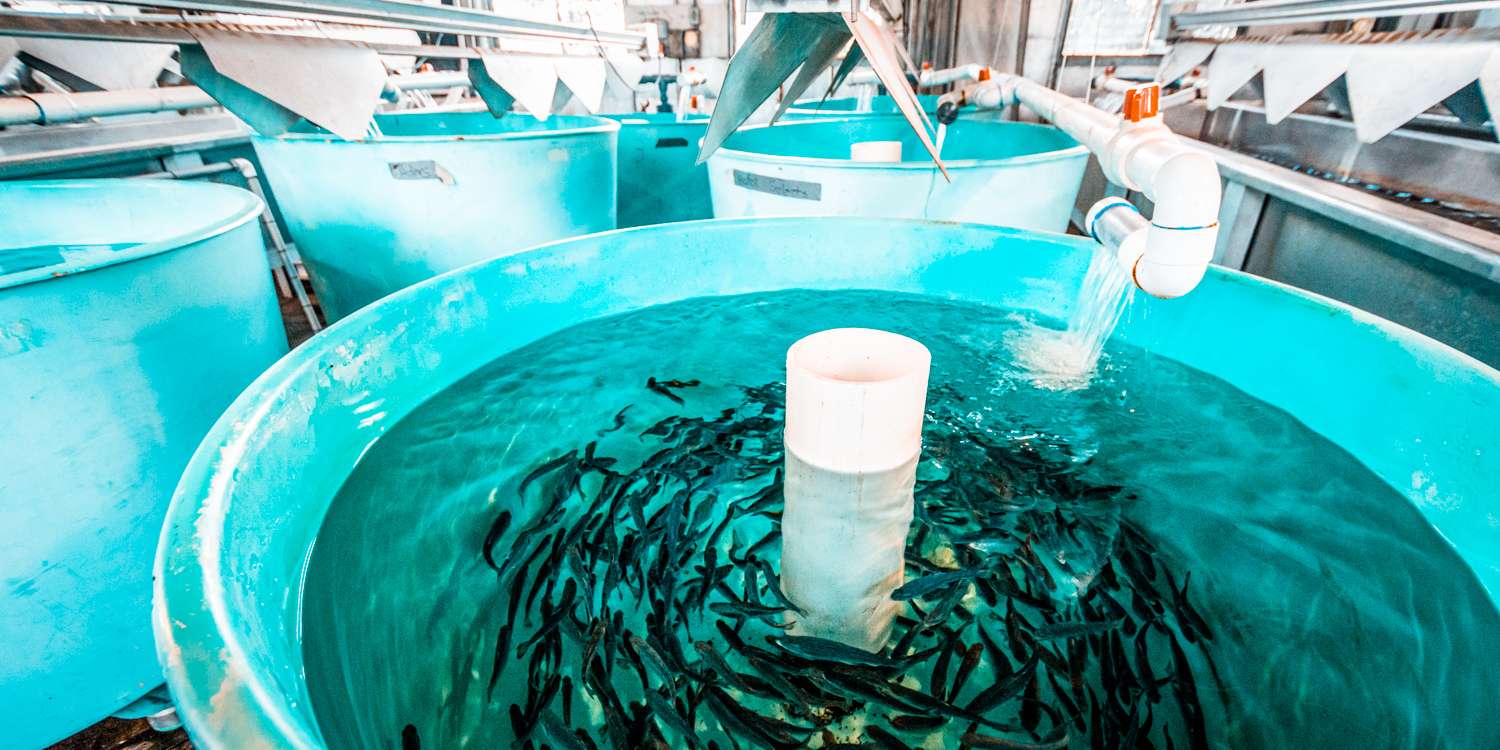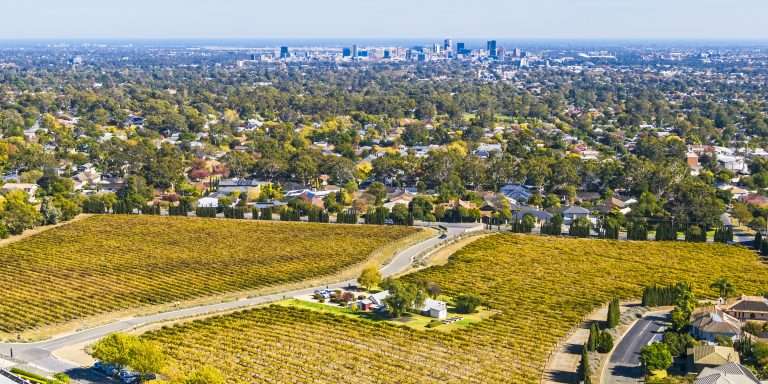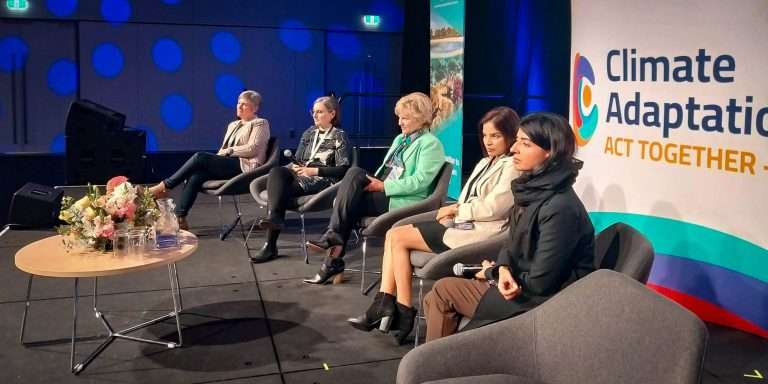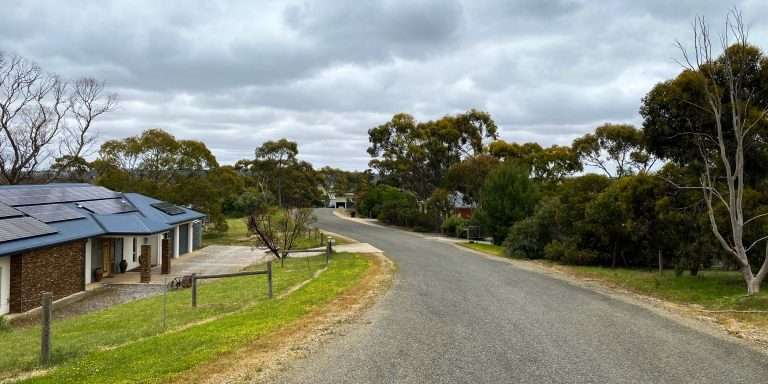Increasing temperatures and acidity of marine environments as the climate changes are likely to significantly reduce the productivity of fisheries. Growing fish in land-based aquaculture facilities where the environment can be better controlled is an opportunity that could see regional areas meet the demands of a growing Australian and Asian population.
For future aquaculture production to successfully develop, our land use planning system has to be forward looking and identify where this production could occur and how to meet its associated infrastructure needs. Aquaculture needs water and energy and a transport network to support exports.
This is where Regional Plans come in.
Required under the Planning, Development and Infrastructure Act 2016, Regional Plans set a long-term planning vision for a region to guide integrated land use and infrastructure planning. They can play a key role in influencing future development in each region to ensure that it is designed for continued climate change. The design and location of new infrastructure that is resilient to climate risks will be critical to support the social and economic prosperity of regional areas.
URPS is working with AGD-PLUS to prepare climate change content for the Regional Plans.
A first pass assessment approach has been developed to identify where other sectors such as transport, energy or primary production could address or progress climate-related risks and opportunities through Regional Plans. These may include identification of new infrastructure needs, changes to Zone or Overlay policy in the Planning & Design Code or considerations for structure plans.
Regional Plans that identify future risks and opportunities will help our regions be proactive in their planning for sustainable, prosperous and climate ready communities.



